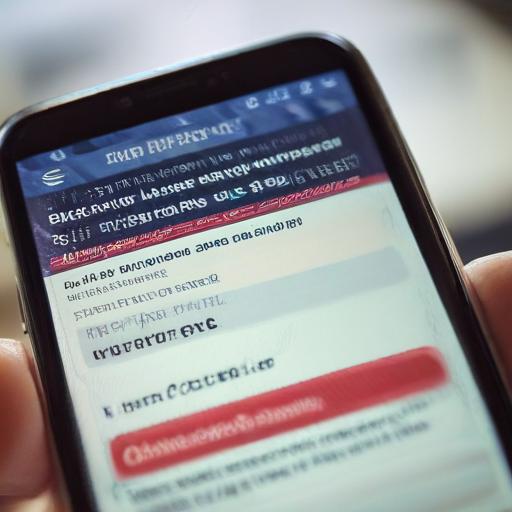Recent reports indicate a surge in text message scams impersonating state Departments of Motor Vehicles (DMVs). This alarming trend has emerged across multiple states, including Illinois, Pennsylvania, Florida, New Jersey, Georgia, and New York.
On May 27, Illinois Secretary of State Alex Giannoulias alerted the public about these scams, where individuals receive messages threatening the suspension of their vehicle registration and driving privileges unless they pay certain outstanding bills. Similar alerts have been echoed in New Jersey, where residents have reported receiving deceptive texts that appear to have a legitimate government link.
The scam messages vary by state, but they all share a common theme: victims are warned that failure to pay an alleged outstanding traffic ticket could lead to penalties, registration issues, or credit score damage. In Illinois, for instance, messages often include a fictitious administrative code and cite a deadline for penalties to start. They typically include a link meant to resemble that of the state’s Department of Transportation.
To address this growing issue, officials recommend that anyone who receives such a suspicious message should not engage with it. The Federal Trade Commission advises recipients to refrain from responding or clicking any links. Instead, they should verify any communication by contacting their state DMV directly through official phone numbers or websites. It is also crucial to report these texts by forwarding them to 7726 (SPAM) and filing complaints with the Federal Trade Commission or the FBI’s Internet Crime Complaint Center.
These scams are identified as “smishing,” a term coined from “SMS” and “phishing.” Smishing involves using deceptive text messages to trick individuals into sharing sensitive information or downloading malware, representing a significant cyber threat.
By remaining vigilant and informed, individuals can help protect themselves against such scams. With the right precautions, it is possible to enjoy the conveniences of technology without falling victim to these malicious tactics. This calls for awareness and timely reporting to combat the rising tide of digital fraud.
